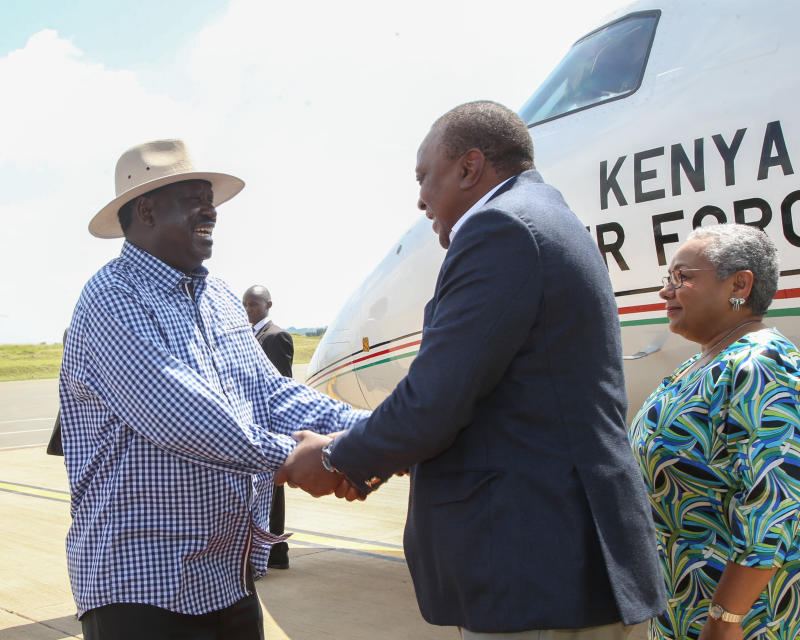×
The Standard e-Paper
Kenya’s Boldest Voice

The recent Kisumu trip by President Uhuru Kenyatta, his deputy William Ruto and former Prime Minister Raila Odinga was a good political development.
It reinforced the March 9, 2018 handshake between Uhuru and Raila.